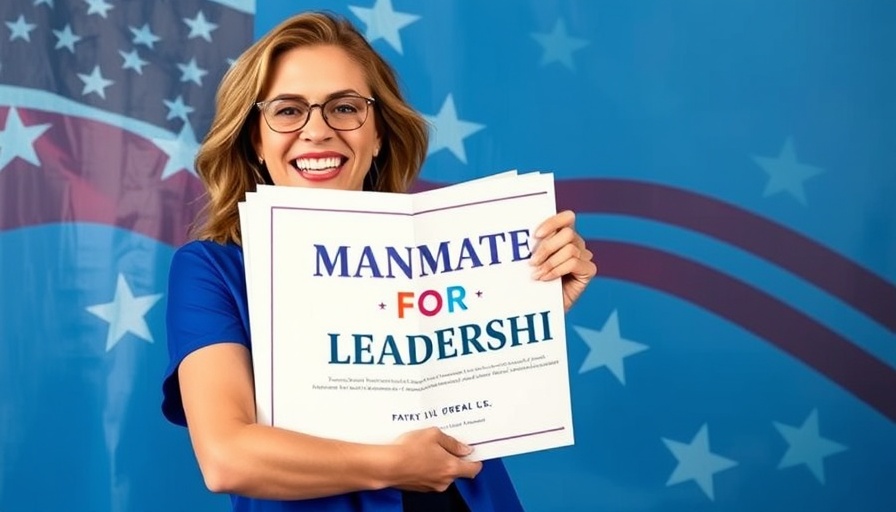
Why Party Decisions Matter in Today's Political Climate
In an era where public perception can shift rapidly, a recent statement from a Democratic Senate hopeful has highlighted critical sentiments regarding the party's actions, particularly concerning high-profile media engagements. The candidate argues that the decision to cancel an interview with Spotify podcast host Joe Rogan sent a clear message to potential voters: the party's failure to engage with dissenting perspectives contributes to a disconnect that is leading many to turn away from Democratic values.
The Importance of Engaging Diverse Platforms
In a landscape saturated with information, the channels through which political discourse occurs are paramount. The Democratic party, represented by figures like this hopeful Senate candidate, appears to undervalue the platforms through which they can reach diverse demographics. Engaging with media personalities, regardless of their perceived biases, could facilitate a richer dialogue and allow the party to connect with younger, more diverse audiences. Missing out on opportunities to speak directly to voters on platforms like Rogan's podcast may solidify an image of the Democrats as out-of-touch with the very electorate they seek to represent.
Are Democrats Losing Touch with Reality?
As public opinion polls indicate a growing frustration with mainstream political rhetoric, critiques of the Democratic party's approach are surfacing. The statement by the Senate hopeful feeds into the broader narrative that Democrats are not listening adequately to the needs and concerns of the American people. The party's continual avoidance of platforms that challenge its status quo could be perceived as elitist or dismissive—an image likely to alienate voters who feel their concerns are not being addressed.
Future Trends: The Role of Influencers in Politics
The rise of social media influencers and alternative media platforms signifies a substantial shift in how political messaging is consumed. As more individuals turn to non-traditional channels for news and information, the need for politicians to adapt their strategies becomes increasingly urgent. Utilizing platforms like Rogan's not only expands reach but also allows for the possibility of nuanced conversations that can influence public sentiment in meaningful ways.
Taking Action: Strategies for Political Engagement
To regain footing with a disenchanted electorate, Democratic candidates can implement several proactive strategies. This includes embracing diverse media appearances, fostering connections with influential figures, and crafting messages that resonate with broader audiences. Furthermore, encouraging open dialogues about challenging topics will aid in repairing the perceived rift between the party and everyday citizens.
Encouraging Broader Conversations within the Party
Engagement in conversations across differing ideologies can spark valuable insights that benefit the party’s evolution. Encouraging party leaders to recognize the influence of alternative media sources could catalyze necessary discussions regarding inclusivity and growth, paving the way for a political environment that feels more accessible to all.
Ultimately, addressing the concerns raised by the Democratic Senate hopeful regarding media engagements may be a pivotal moment for the party. Adaptation and willingness to engage with all facets of media representation may very well dictate the trajectory of its appeal in upcoming elections.
 Add Row
Add Row  Add
Add 




 Add Row
Add Row  Add
Add 

Write A Comment